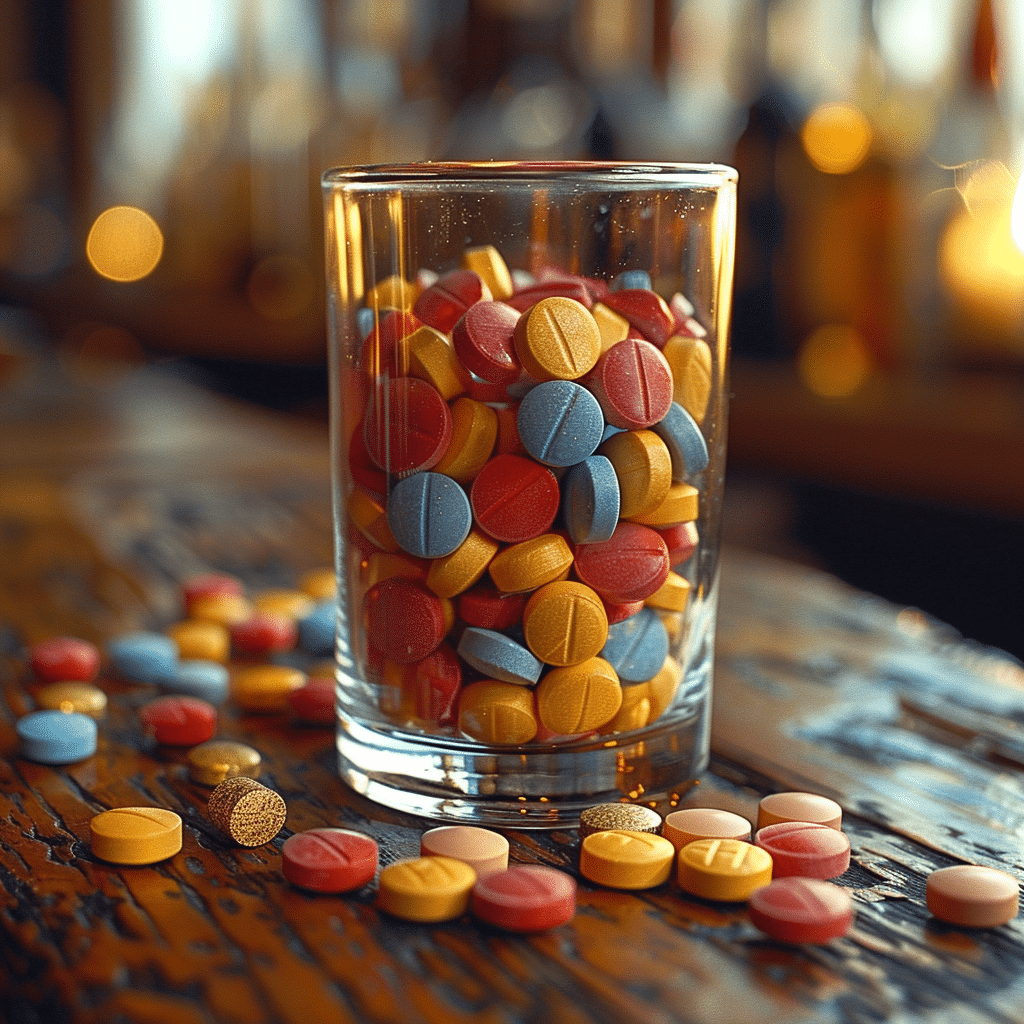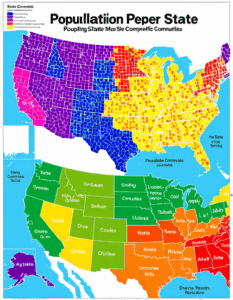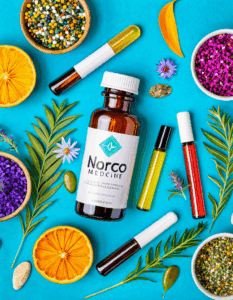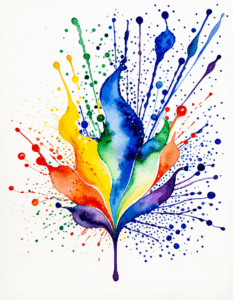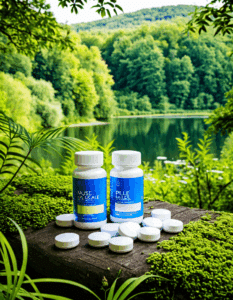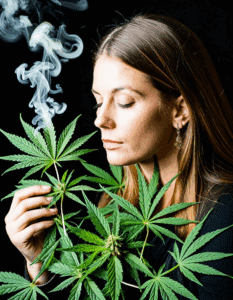Understanding the Risks: Adderall and Alcohol
In our journey to support parents of children grappling with addiction or recovering from loss due to addiction, we often encounter dangerous combinations of substances. Adderall and alcohol represent one such perilous mix. At Mothers Against Addiction, we aim to shed light on the risks associated with combining these substances and provide compassionate support to parents navigating this challenging terrain.

Adderall Alcohol Interaction: What You Need to Know
Combining Adderall, a powerful stimulant prescribed primarily for ADHD, with alcohol, a central nervous system depressant, spells danger. Unlike consuming each substance individually, the combination can mask the feeling of intoxication, leading to severe dehydration and even fatal outcomes. This interaction poses risks far beyond ordinary substance use.
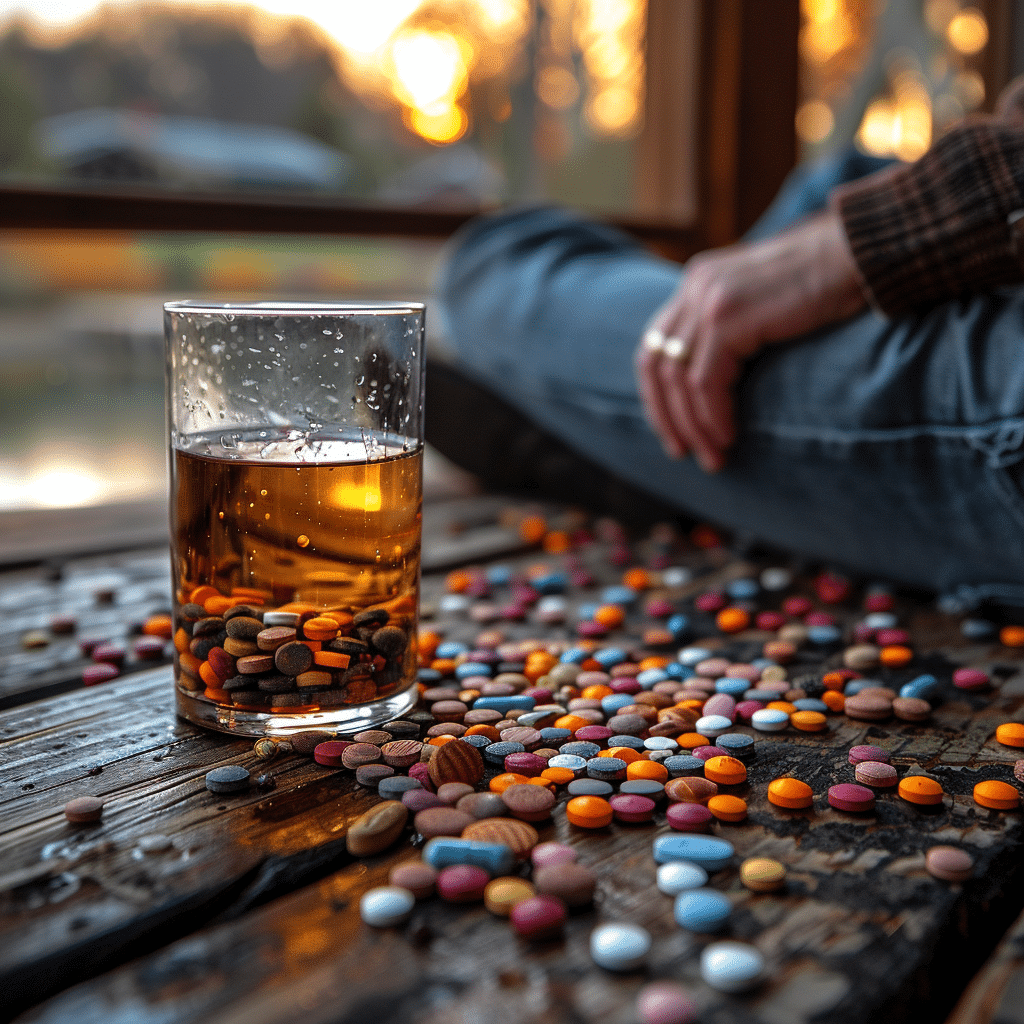
| Aspect | Details |
| Interaction Risks | – Increased risk of alcohol poisoning and heart problems. – Alcohol can worsen ADHD symptoms. – Alcohol can make stimulants like Adderall less effective. – Both substances can cause high blood pressure or irregular heartbeat. |
| Psychological Effects | – Increased inattentiveness and impulsivity. – Reduced proper decision-making skills. – Masking of feeling drunk, leading to continued drinking and higher risk of severe intoxication. |
| Physical Effects | – Potential for serious cardiovascular problems. – Risk of insomnia or exacerbated sleep issues, causing difficulty in falling asleep or staying asleep. – Alcohol worsens the side effects of Adderall, such as high blood pressure. |
| Safety Recommendations | – Best to avoid alcohol while taking Adderall. – Be aware that combining these can mask intoxication levels. – Both substances together increase the risk of severe and potentially lethal complications. |
| Long-term Impact | – Chronic combination may lead to long-term cardiovascular issues. – Potential for ongoing exacerbation of ADHD symptoms. – Development of unhealthy drinking habits due to masked intoxication feelings. |
| Conclusion | – Mixing alcohol and Adderall or other stimulants like Vyvanse or Ritalin is highly dangerous. – Prioritize avoiding alcohol to maintain the effectiveness of ADHD medication and mitigate serious health risks. |
How Adderall and Alcohol Affect Your Body
The Mechanisms of Adderall
Adderall, made up of amphetamine and dextroamphetamine, is designed to boost focus and reduce impulsivity. It enhances the activity of neurotransmitters like dopamine and norepinephrine. While Adderall can be a crucial tool for managing ADHD, its misuse, especially in combination with other substances, can be perilous.
The Impact of Alcohol
Alcohol works by boosting the activity of GABA, an inhibitory neurotransmitter, while decreasing the excitatory transmitter, glutamate. This creates a sense of relaxation but also impairments in motor skills, decision-making, and cognitive function. The conflicting actions of Adderall and alcohol can lead to dangerous physical and mental health outcomes.
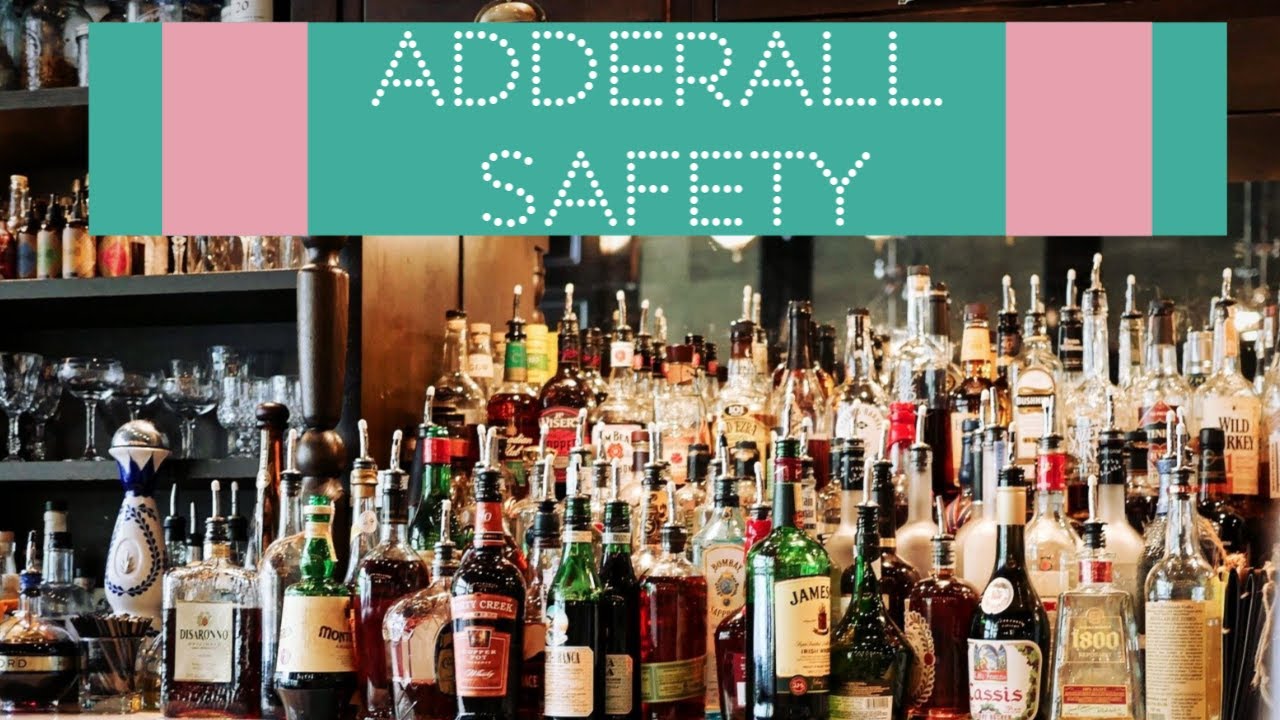
The Dangers of Mixing Adderall and Alcohol with Real-Life Examples
A Common Scenario: College Parties
The mix of Adderall and alcohol is common at college parties. Students, underestimating the impact, often misuse Adderall to stay awake and focused. Take Chris, a junior at UCLA. Chris ended up in the emergency room with severe dehydration and heart palpitations, a direct result of mixing these substances.
High-Pressure Work Environments
High-stress jobs also contribute to the misuse of Adderall and alcohol. Sarah, an investment banker in New York, experienced dangerously high blood pressure after celebrating a company deal with cocktails and a dose of Adderall. Such combinations in high-pressure environments lead to acute and chronic health issues.
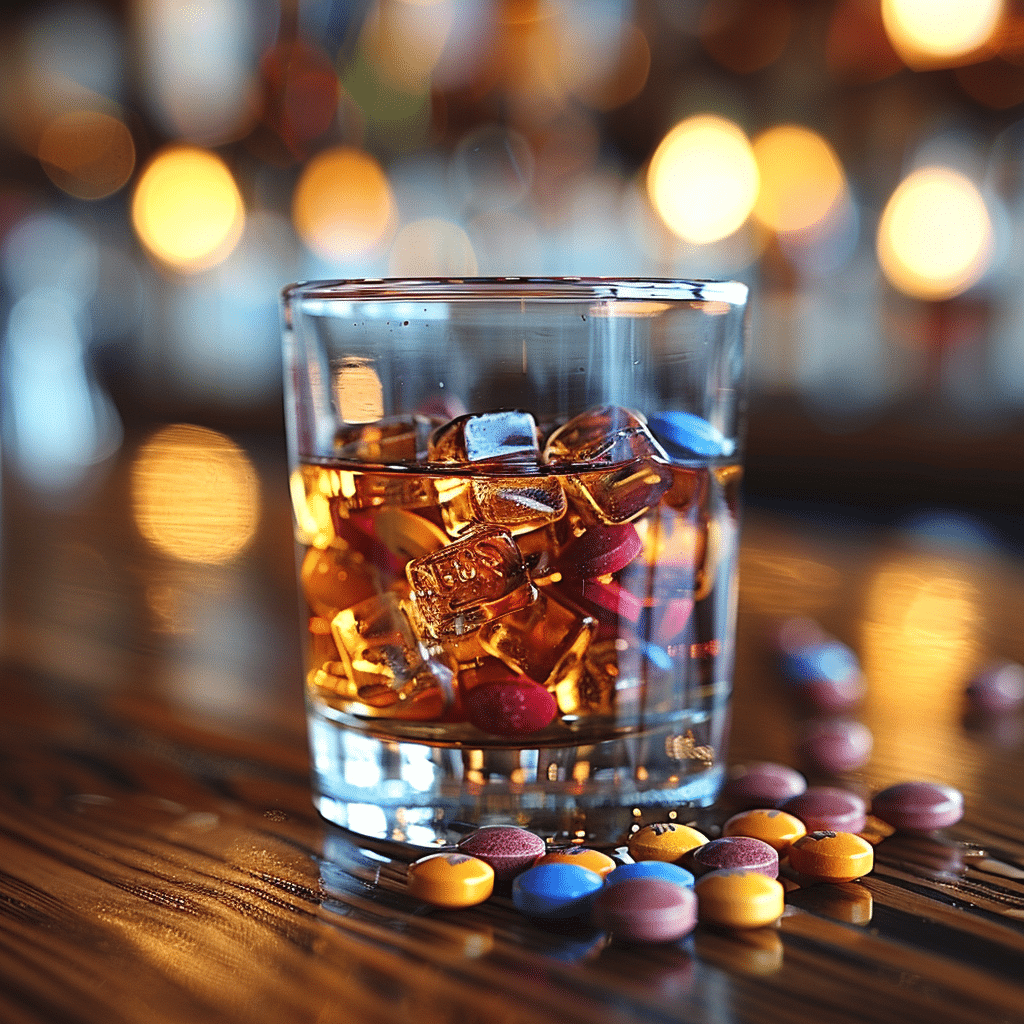
Long-Term Consequences of Mixing Adderall and Alcohol
Physical Health Risks
Chronic misuse of Adderall and alcohol significantly harms the body. Research from the National Institutes of Health in 2023 indicates a higher risk of severe cardiovascular issues, liver damage, and neurological problems among those who frequently mix these substances. Long-term abuse can lead to arrhythmias and chronic hypertension.
Mental Health Concerns
Mentally, mixing Adderall and alcohol predisposes individuals to anxiety, depression, and substance dependence. Studies show a 40% increased risk of dual diagnoses involving substance abuse and mental health conditions for those who mix these substances compared to isolated use.
Social and Occupational Impact
The damages aren’t confined to health alone. Mike, a software engineer at Google, found his productivity and relationships deteriorating because of erratic behavior from substance misuse. These repercussions can lead to job loss and strained personal connections.

Comparing Adderall and Ritalin: Similar Risks with Alcohol
Ritalin Alcohol Considerations
Ritalin, another stimulant for ADHD, contains methylphenidate instead of amphetamine. Despite this difference, combining Ritalin and alcohol is equally risky. Laura, a high school teacher in Denver, experienced severe nausea and panic attacks after consuming Ritalin with wine at a social event. The mixing of these substances poses similar dangers.
Recognizing When to Seek Help
Signs and Symptoms
Recognizing the warning signs of substance misuse is crucial. Look for erratic behavior, missed responsibilities, unexplained weight loss, and frequent illnesses. Early intervention can prevent long-term damage and support recovery.
Resources and Assistance
Various organizations offer assistance to those struggling with substance use, including Alcoholics Anonymous, Narcotics Anonymous, and the Substance Abuse and Mental Health Services Administration (SAMHSA). Seeking help and building a support network can be pivotal steps towards recovery.
Innovative Solutions and Prevention Strategies
Educational Campaigns
Educational campaigns targeting teens, college students, and professionals can significantly impact. Awareness programs about the dangers of mixing substances can foster informed decisions and safer behaviors.
Mobile Apps and Wearables
Technology can play a crucial role. Mobile apps and wearable devices that provide real-time feedback on substance use risks can encourage safer habits. These tools can be particularly effective in mitigating the dangers of combining Adderall and alcohol.
Peer Support Networks and Counseling
Peer support networks and counseling services are invaluable resources. They offer a supportive space for individuals to manage substance use effectively. Promoting these resources can aid in fostering resilience and recovery.
Moving Forward: Creating Safer Communities
Combating the dangerous mix of Adderall and alcohol requires a multifaceted approach. Education, support, and technological innovation are central to fostering safer communities. At Mothers Against Addiction, we are committed to raising awareness and offering robust support systems. Together, we can mitigate these risks and promote healthier, informed decisions about substance use.
For more insights and guidance, visit Mothers Against Addiction. Join us in building a future where families and individuals find the support they need in their journey towards recovery.
This article aims to provide families with the support and information they need to understand the dangers of mixing Adderall and alcohol. By sharing real-life examples and research-backed insights, we hope to foster awareness and encourage positive change.
Adderall and Alcohol: A Dangerous Mix
Mixing Adderall and alcohol might seem like a way to boost your energy while having fun, but the combination can pack a harsh punch. Adderall, a stimulant, and alcohol, a depressant, send mixed signals to your brain. This tug-of-war can mask alcohol’s effects, tempting you to drink more than you should. Let’s dive into some interesting tidbits and fun trivia around this risky duo which highlight why they are such a dangerous pairing.
Adderall: Unintended Consequences
Most folks don’t realize that taking Adderall often makes people feel more alert and awake, which is why it’s sometimes mixed with alcohol to keep the party going. This high-octane blend can hide how drunk you really are, leading to higher consumption and risky behaviors. Interestingly, this is somewhat like mixing weed and adderall. Combining substances can vastly alter their individual effects, often with dangerous results.
Alcohol: Hidden Risks
While it seems harmless to sip a few drinks while on Adderall, the reality is starkly different. The mixture can seriously impact your heart, increasing the risk of cardiovascular issues. Moreover, excessive drinking with stimulants isn’t a new trend. Did you know that alcohol affects individuals differently based on various factors, like their weight and tolerance? It’s reminiscent of how high school wrestling weight classes are carefully monitored to ensure safety and fairness, drawing a parallel to how misuse of substances needs similar diligent oversight.
Cultural Connections and Curiosities
Cultural artifacts and traditions often hold fascinating secrets. Similarly, who would think the names and numbers could bear significance? For example, in native american headdress symbolism, each feather carries meaning and history, akin to how each dose of Adderall or sip of alcohol contributes to the overall effect on your body. As compelling as these cultural connections are, the reality of the interplay between adderall and alcohol is a sobering reminder of the dangers of substance abuse.
Stay safe, curious, and informed by understanding the hidden risks and unique interactions of substances like adderall and alcohol. Truly, knowledge is power when it comes to navigating the perils of substance abuse.

Can you drink alcohol on ADHD medication?
Mixing alcohol with ADHD medication is a bad idea. It can lead to serious complications like alcohol poisoning and problems with your heart. Plus, alcohol can make ADHD symptoms worse and mess with how well your medication works.
What not to mix with Adderall?
You should avoid mixing Adderall with alcohol, other stimulants, and certain cold or allergy medicines. Alcohol in particular raises the risk of side effects like high blood pressure and irregular heartbeats.
How does alcohol affect ADHD?
Alcohol can make ADHD symptoms worse. It increases inattentiveness, impulsivity, and poor decision-making. It may also cause trouble sleeping, which is a common problem for people with ADHD.
Can you drink alcohol on Vyvanse?
It’s best avoided. Vyvanse can mask how drunk you feel, leading you to drink more than you can handle. This can result in alcohol poisoning and other serious complications.
Can I drink if I took Adderall in the morning?
Drinking alcohol after taking Adderall isn’t safe. Both substances can cause high blood pressure and irregular heartbeats, and combining them raises those risks.
How long after Adderall can I drink coffee?
Drinking coffee right after taking Adderall might not be the best idea. Caffeine is a stimulant just like Adderall, and combining the two can make side effects worse.
What drinks affect Adderall?
Mixing Adderall with drinks that contain caffeine or alcohol isn’t good. These can increase side effects like high blood pressure and make you feel jittery or anxious.
What does Adderall feel like without ADHD?
If you take Adderall without having ADHD, it can make you feel overly energetic, anxious, and restless. It can also be dangerous and isn’t recommended without a prescription.
What happens if you don’t eat on Adderall?
Not eating while on Adderall can leave you feeling lightheaded, irritable, and weak. It’s important to eat balanced meals to maintain energy levels.
Does quitting alcohol improve ADHD?
Quitting alcohol can help improve ADHD symptoms. Alcohol can make symptoms worse, so cutting it out can lead to better focus and fewer impulsive behaviors.
Does ADHD get worse with age?
ADHD can get worse with age, especially if it goes untreated. Symptoms may become more noticeable in adulthood, impacting daily life and responsibilities.
Does drinking water help ADHD?
Drinking water is always good for overall health, but there’s no evidence it specifically helps with ADHD symptoms.
Is Vyvanse better than Adderall?
Whether Vyvanse is better than Adderall depends on your individual needs. Both medications work similarly, but some people may respond better to one over the other.
Can I skip Vyvanse on weekends?
Skipping Vyvanse on weekends can disrupt the consistency of symptom management. It’s generally best to follow your healthcare provider’s instructions.
Will I lose weight on Vyvanse?
Vyvanse can lead to weight loss because it often suppresses appetite. This can be a side effect of the medication.
What to avoid when on ADHD medication?
When on ADHD medication, avoid mixing with alcohol, caffeine, and certain cold or allergy medicines. These can increase side effects or lessen the medication’s effectiveness.
Can you skip ADHD meds on weekends?
Skipping ADHD meds on weekends isn’t usually recommended. Consistency is key for managing symptoms effectively, so follow your doctor’s advice.
Can I have a drink on Strattera?
Having a drink on Strattera can add to side effects like drowsiness and dizziness. It’s best to talk to your doctor before mixing the two.
Does caffeine affect ADHD medication?
Caffeine can affect ADHD medication and may increase side effects like jitteriness and anxiety. It’s a stimulant, so combining it with ADHD meds can make you feel overly wired.

